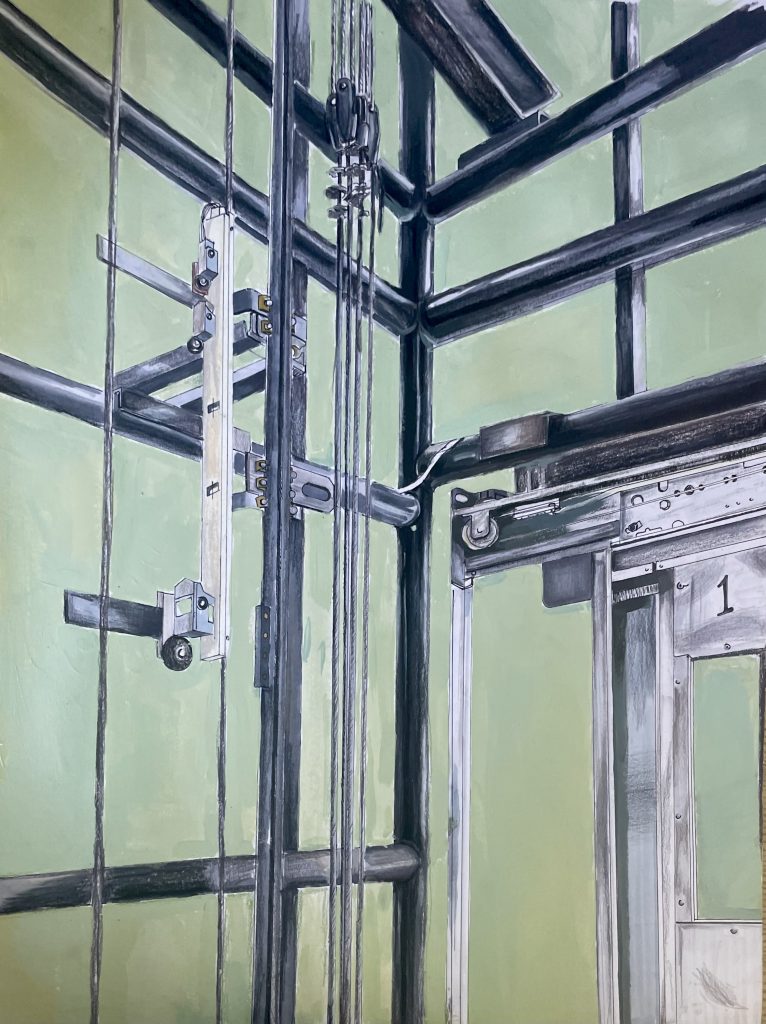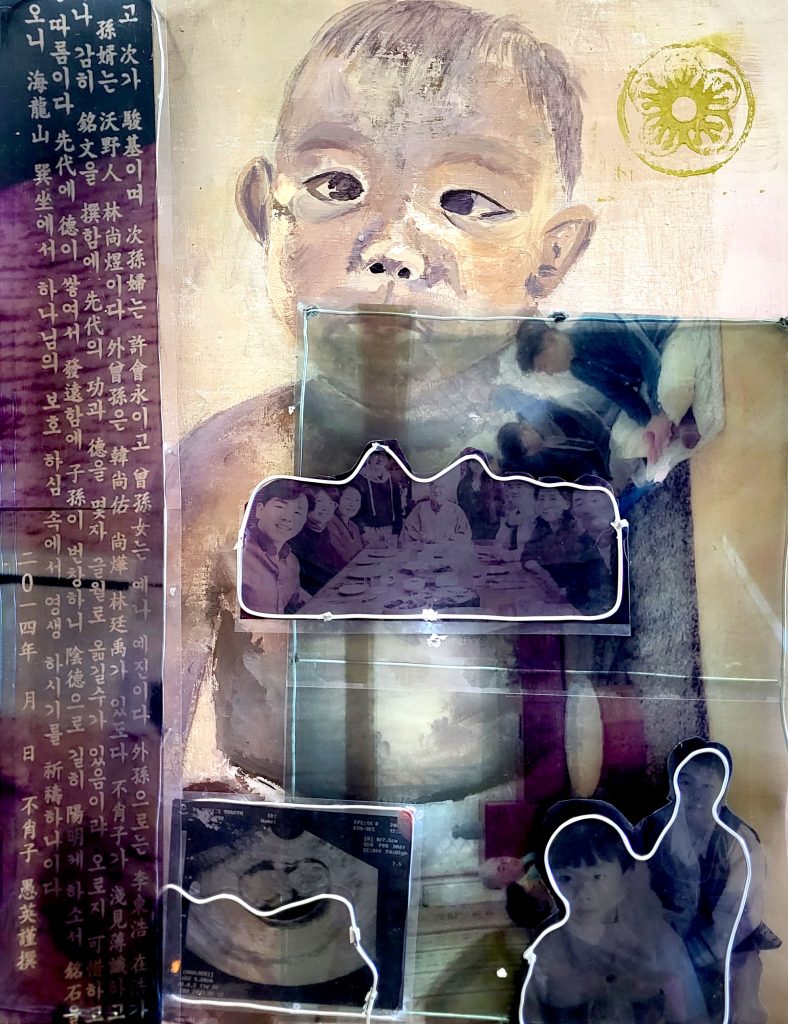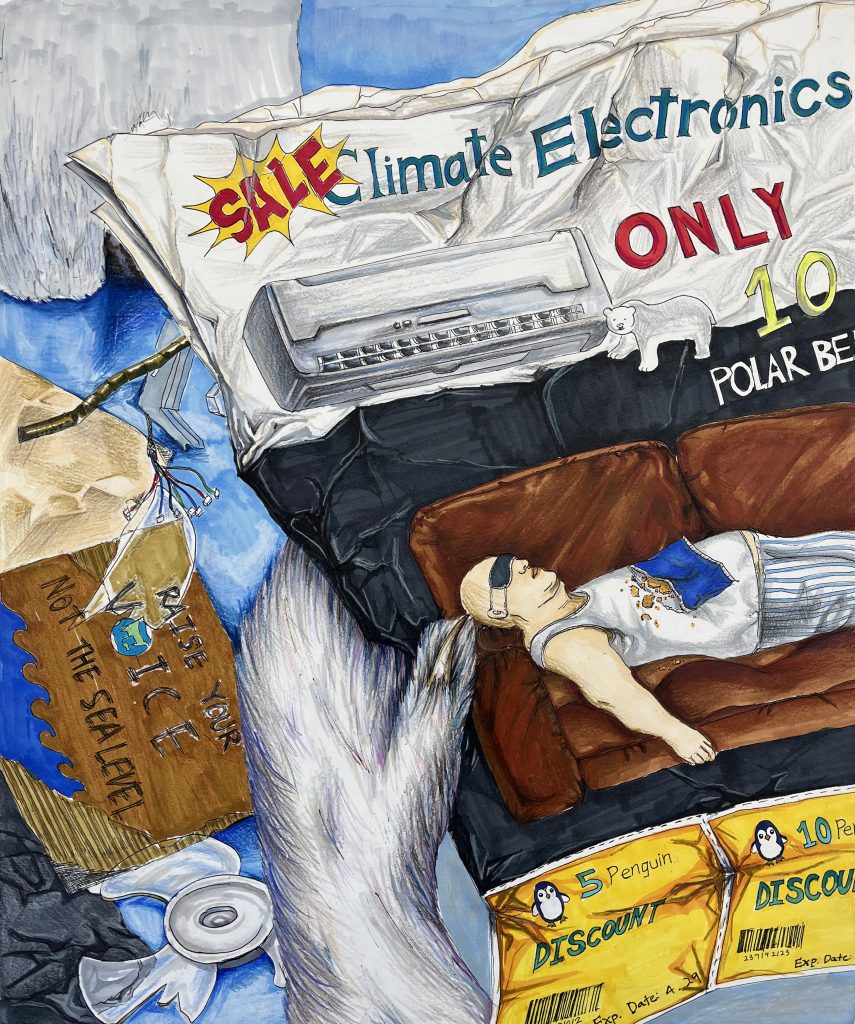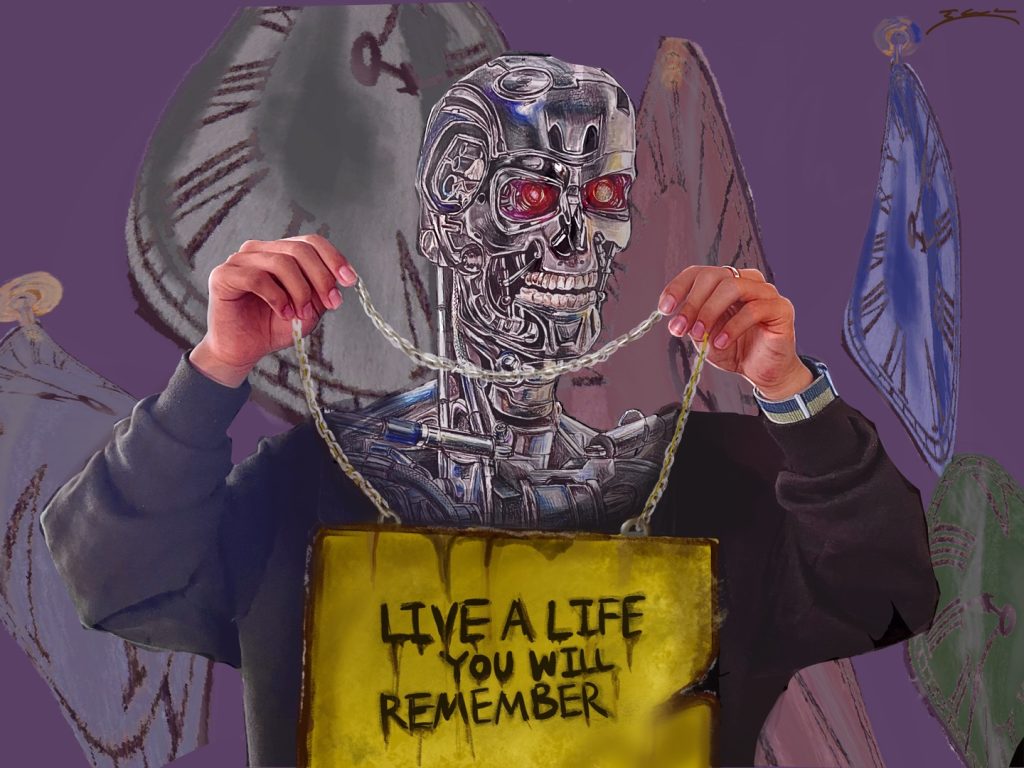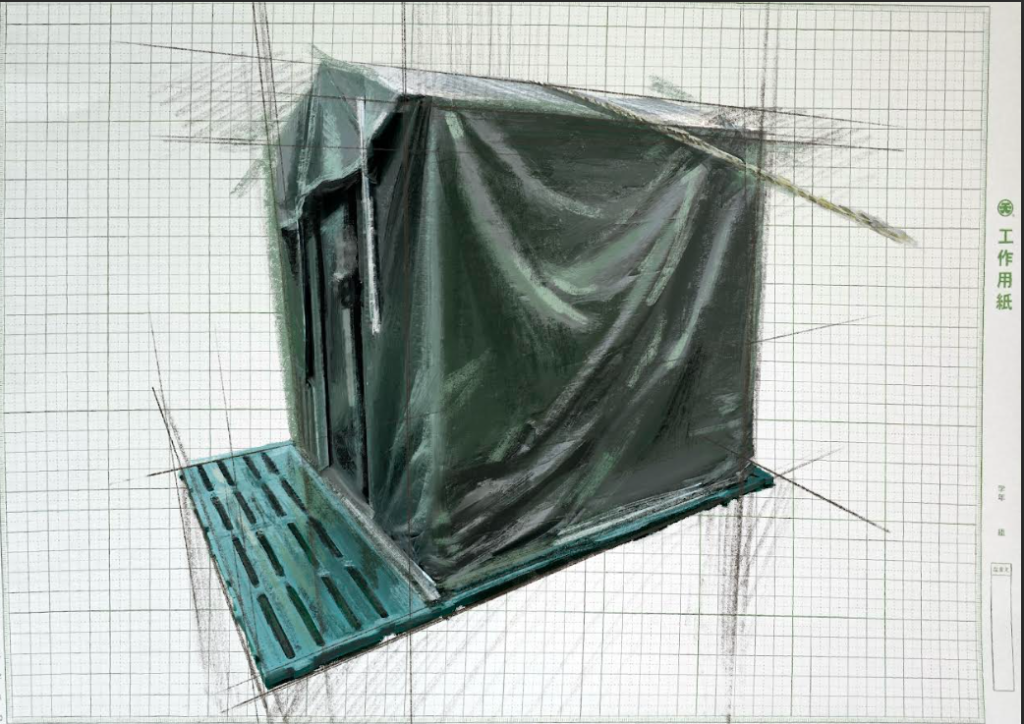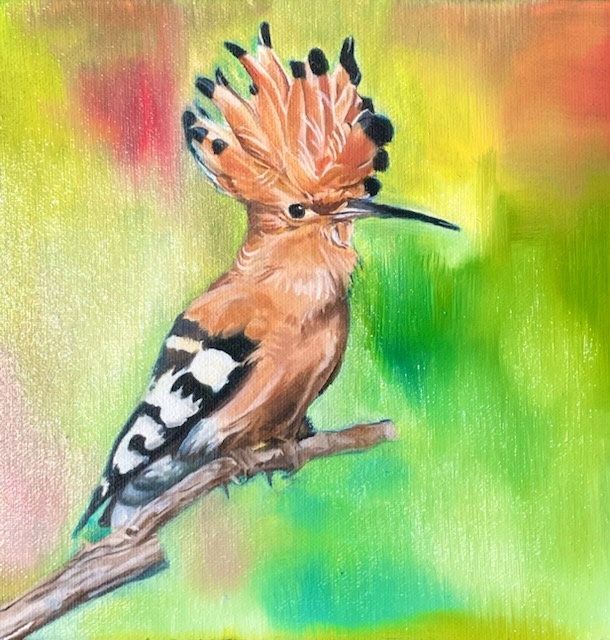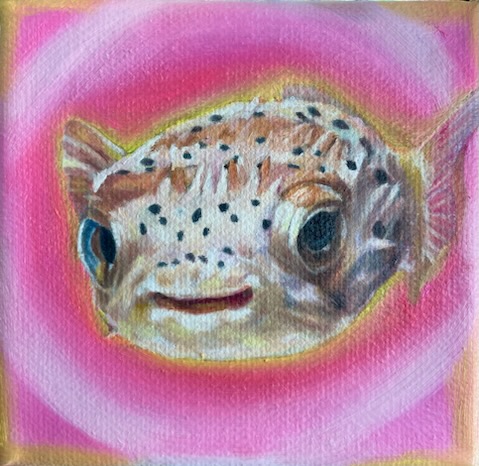This is Where
This is where she waited every evening,
This is where the dog stopped barking,
This is where they were lovers for the last time,
This is where the parade ended,
This is where they kissed and promised forever,
Once before she dropped the ring.
This is where the swings rusted,
This is where they carved their names into the bench,
This is where the pigeon gathered,
This is where they played music all night,
This is where the door slammed shut,
And no one ever came back in.
This is where she planted flowers,
This is where he fell off his bike,
This is where the ice cream truck stopped,
This is where they held hands for the first time,
This is where the leaves piled up,
Only to scatter with the next gust of wind.
This is where the wind took the kite,
This is where the bus never came,
This is where the fireflies gathered,
This is where the old woman hummed a song,
This is where the shortcut led,
Through broken gates and overgrown grass.
Footsteps in Motion
The man in the striped shirt,
Thin lines curling around his frame,
One cuff rolled higher than the other.
His shoelaces double-knotted,
A folded newspaper tucked under his arm.
The teenager with the headphones,
Thick black cushions pressed to his ears,
One wire disappeared into his jacket pocket.
His sneakers untied,
A keychain jingling against his belt loop.
The girl with the yellow scarf,
Fabric trailing loosely around her neck,
Fingers smoothing its edge out of habit.
Her boots are damp at the toes,
And a loose thread dangles from her sleeve.
The man with the suitcase,
Worn leather rubbed raw at the corners.
He grips its handle with both hands,
His brown loafers, the soles worn thin,
Catch the edge of a mat near the door.
The woman with the grocery bag,
A paper sack cradled to her chest,
The bottom sagging under canned goods.
Her sneakers, streaked with dried mud,
Pause as she adjusts her stance.
Each step resounds,
A quiet rhythm of passing lives,
Before it fades,
As footsteps shuffle them into the past.
The Gathering
The table glows under warm yellow light,
rice bowls steaming, chopsticks tapping,
and the smell of doenjang rising like a memory.
Our reflections blur in the polished wood.
Grandmother’s silver hair tied low, uneven.
She spoons the doenjang jjigae into my bowl,
her hands moving slow but steady,
She is careful as always.
Father’s hair, short and slicked with gel,
He leans back, recounting his day.
His voice dips and rises like an old song,
the kind you don’t realize you’ve memorized.
Mother’s braid falls neatly over her shoulder,
its end brushing the edge of her apron.
She smiles faintly as she wipes the table,
her silence speaking louder than words.
My sister’s hair, cut blunt just above her shoulders,
bobs as she argues, words sharp and quick.
Her chopsticks tap the rim of her bowl,
her laugh cut through the warmth like a spark.
My hair falls messy and loose,
hiding my face when I look down.
I twirl noodles around my chopsticks,
letting their voices fold over me.
The air smells of sesame and roasted garlic,
the room alive with clinking bowls and laughter.
Steam rises, curling into the quiet spaces,
and love lingers in the pauses between bites.
Olivia Koo is a high school student and emerging poet. When she’s not writing she enjoys reading, movies and music. She is currently putting together her writing portfolio.

